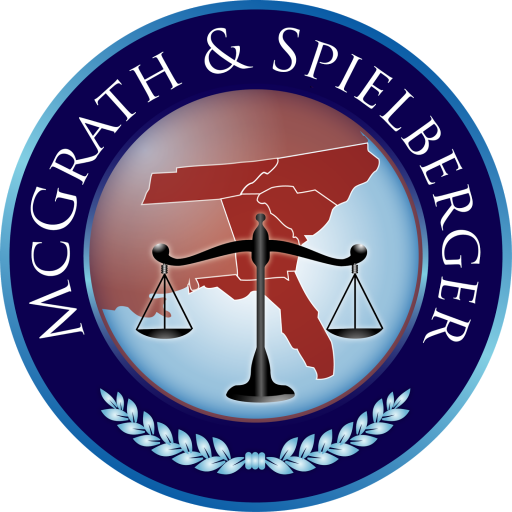
As a business attorney, one of the most frequent questions I am asked is some variation of “How do I transfer my out-of-state company to North Carolina?” I’ll address the most common scenarios and the reasonable options available. I’m using Florida as the other state just for example purposes (I also practice in FL), but the same general process is true regardless of which state your company originated in or currently exists in.
Scenario A: “I live in Florida, where my company was formed, but I’m moving to North Carolina and going forward I will be doing business out of North Carolina instead of Florida. What should I do and how do I do it?”
Option 1: convert your Florida company into a North Carolina company. NC allows a company formed in another state to convert to become a NC LLC. The company would need to follow the law of the state it is coming from as far as winding down any business and otherwise wrapping up affairs in that state, and would typically need to have passed a resolution or similar approving the conversion to a NC company. The LLC can then file its Articles of Organization/Conversion with the NC Secretary of State.
Option 2: shut your Florida company down and start a new one in North Carolina. You would “wind up” your Florida LLC and dissolve it, such that it no longer exists. While the timing of the steps in North Carolina may vary to some extent, you’d go ahead and create a North Carolina LLC. The name would not have to be the same, but there are advantages to using the same name, if possible (this article does not attempt to address those issues).
Option 3: keep your Florida company open and register it with the State of North Carolina as a foreign business authorized to transact in North Carolina. You’d obtain a “Certificate of Good Standing” or similar from Florida. You then provide that to the NC Secretary of State as part of your North Carolina Application for Certificate of Authority (to conduct business in North Carolina). Assuming you are approved by NC, you’re now good to go to conduct business in both states, or either state, and you can have your principal place of business in either state. You will likely be required to pay annual fees to each state and file taxes in each state, which are important factors to consider.
Option 4: start an affiliated company or subsidiary in North Carolina. In certain specific instances, you may keep your Florida LLC open, and instead of registering it with North Carolina, you’d prefer to create and register a separate but related business entity in North Carolina. This is typically referred to as a “subsidiary” or an “affiliated company”. You will likely be required to pay annual fees to each state and file taxes in each state, which are important factors to consider.
Additional notes. Under any of the above options, you’ll have to have a registered agent with a “continuous presence” in NC. Many law firms (like mine) agree to provide that service for a small annual fee, but your company’s “RA” doesn’t have to be a lawyer or law firm. Of course, we also provide the very services needed to transfer your business overall.
These actions can be accomplished without an attorney, but you should at least consider consulting with an attorney any time you make a significant change to your business entity. Good luck!





